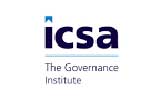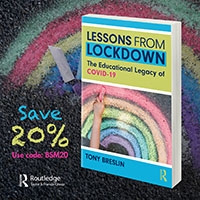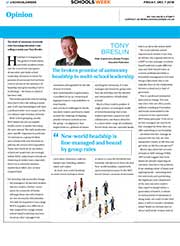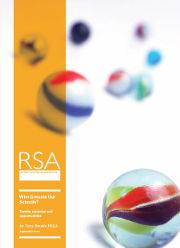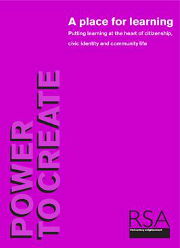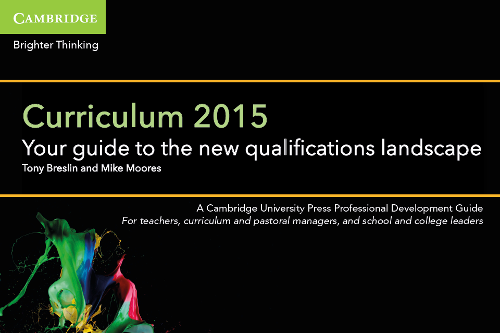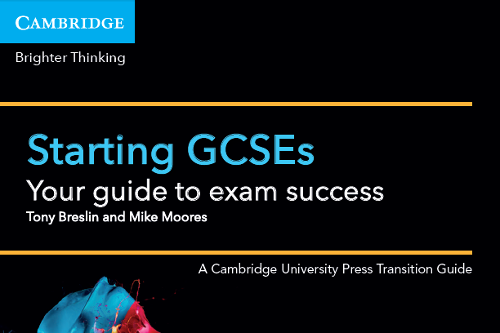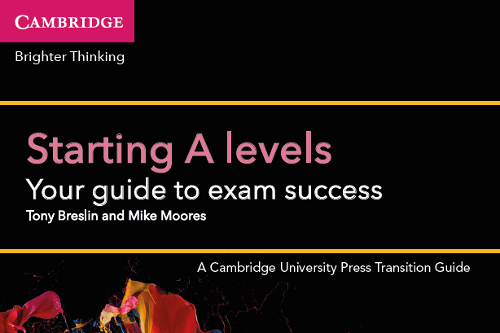












6.3% of the top 500 charities in Wales have BAME trustees, compared with 8% of FTSE 100 companies
Inclusive Boards, 2018

"Good governance enables a school, charity or business to be the best it can be"
Martin Matthews, National Leader of Governance
National Leader of Governance
Transform Governance is a joint venture between Breslin Social Impact and Permuto Consulting


Need consultancy support? We have access to a range of specialists across sectors, across functions, and across the UK and beyond. Contact us to explore possibilities.
Smooth the transition from secondary to further education
Thursday 29th February 2024
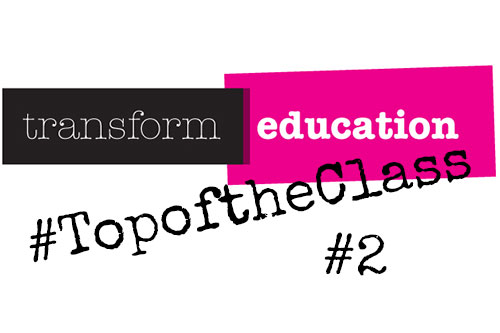
The challenge that a progressive government needs to address.
For those proceeding from GCSE to A level in a school that has a popular and flourishing sixth form, the transition from pre- to post-16 education is often unproblematic.
However, for those who have not achieved the GCSE grades required to make such a transition, for those who wish to pursue A level courses (or packages of courses) that are not available in their current secondary school, or for those who wish to progress to other forms of education and training (often within the Further Education sector), they face a cliff-edge, a cliff edge that demands quick decisions in the wake of sometimes disappointing GCSE results.
This is challenging for both young people and their families, and those families with the lowest levels of education system-specific cultural capital are those for whom this cliff edge is most daunting.
Part of the answer must lie in softening this cliff-edge by adopting a model of “longer-form transition”. In such a model, the lens cast on entry to secondary school is not – given the now embedded extension of the educational participation age to 18 – is 11-18 not 11-16.
The school’s task is to lay the foundations for a child’s education to 18 (that is the end of Year 13, not the end of Year 11), embedding this during the GCSE options process, usually delivered during the course of Year 9, whether or not the school delivers the provision in Years 12 or 13.
The proposed policy response
In practical and policy terms, this means five things:
(1) A greater investment in Careers Education and Guidance across and beyond the secondary phase;
(2) Careers Education and Guidance programmes that engage students and their parents, within a broader family learning framework;
(3) Greater knowledge in individual schools of the post-16 options available to young people across the local area, rather than just within the school’s sixth form;
(4) The creation of local fora that enable providers to share this knowledge;
(5) Funding models that incentivise collaboration between providers – especially between schools and FE colleges -something that existing models largely militate against.
Tweet Share on Facebook



